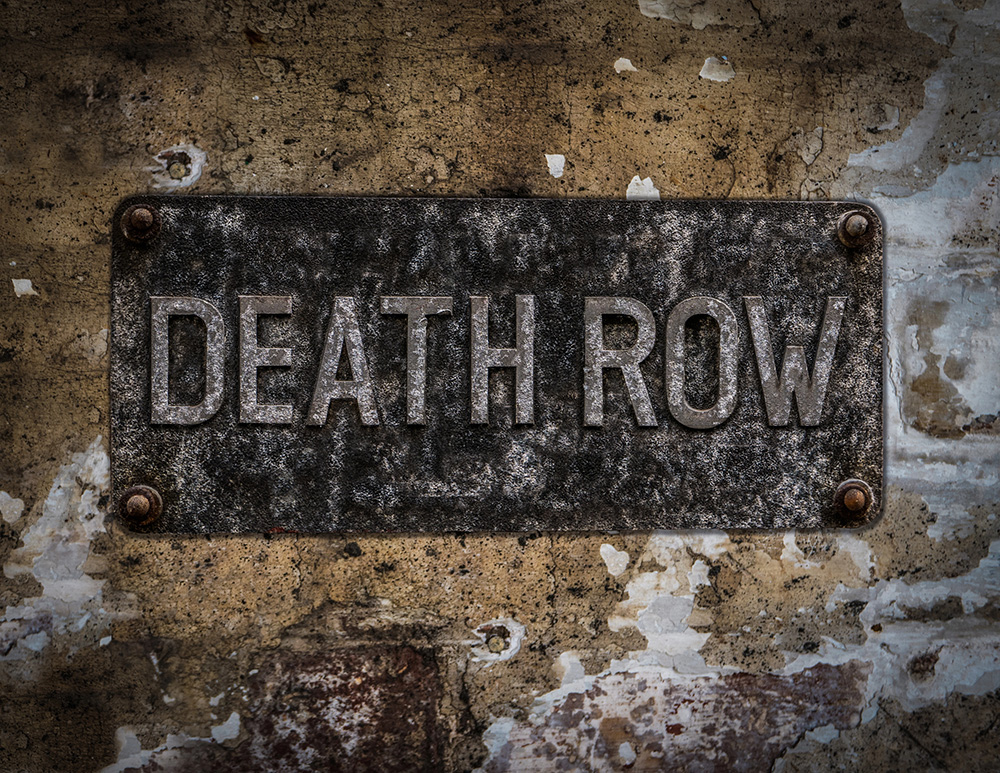Cruel & Unusual
The United States has effectively created a punishment that the Founding Fathers never intended for us to have and, undoubtedly, would not have approved of. This makes this type of punishment unusual in the historical sense and arguably very cruel. That punishment is the new death penalty. When the death penalty was imposed at the time of our country’s founding, it was typically carried out very quickly. Often within a matter of days. For it to take many years to carry out would have been very unusual in the Founders’ minds. But that is exactly how the death penalty has evolved in this country. We now effectively sentence someone guilty of a capital crime to life without the possibility of parole but with the possibility of execution. Capital prisoners spend years and years in solitary confinement fighting for the next stay of execution in their cases. The United States has become frightened of the death penalty because of the many exonerations we are now seeing nationwide. And frightened we should be. Convicting an innocent person is horrific enough. Executing the innocent is simply an unforgivable flaw in our system.
So we give those convicted of capital crimes years of costly appeals and stays of execution. All the while we are spending tremendous sums of tax payer money to house them in ultra maximum security facilities where they await their fate. They know that they are not going to be released on parole. What they don’t know is when they might be executed after years of living in the shadow of the executioners noose.
In recent years there have been 157 people exonerated from their murder convictions because they were innocent of the crimes for which they were convicted. There have been various reasons for their wrongful convictions, including faulty eyewitness testimony and the presence of DNA testing. Whatever the reason, those persons would have been executed or served life without the possibility of parole but with the possibility of execution had they not been exonerated. Meanwhile, others have died in prison while awaiting their execution. Walter Caruthers was convicted of murder in 1982 and was sentenced to death. I represented his co-defendant in the case who did not get the death penalty. Mr. Caruthers recently died while on death row at Riverbend Maximum Security Prison in Nashville, TN. He was sentenced to what many prisoners nicknamed “a slow death sentence” in which time becomes our executioner. He never knew when his last day of execution might be granted or when the executioner would come for him. It turned out that it was the grim reaper who came for him as he awaited his destiny with death.
Punishments in this country are unconstitutional if they are cruel and unusual. That is what the Eighth Amendment to the United States Constitution prohibits. Tennessee’s constitution makes the same prohibition under state law in Article One, Sec. 16. Sentences of life without the possibility of parole met with the possibility of execution are certainly unusual in that throughout most of our history such a sentence would not have occurred. At least one federal judge in California has concluded that to imprison someone for years upon years with the possibility of execution is also cruel punishment. At some point the United States Supreme Court may conclude that some sentences are cruel and unusual and should be prohibited as unconstitutional. Is it more cruel to sentence someone to a slow death than a quick one? These questions will continue to be posed in the courts and in our society until there is a final resolution that the death penalty as it is now constituted is cruel and unusual. Arguably, not knowing the hour of one’s death and having your fate rest solely in the hands of others is a punishment the innocent do not deserve.
Posted in Crime and Punishment, The Rule of Law

FREE CONFIDENTIAL CONSULTATION

